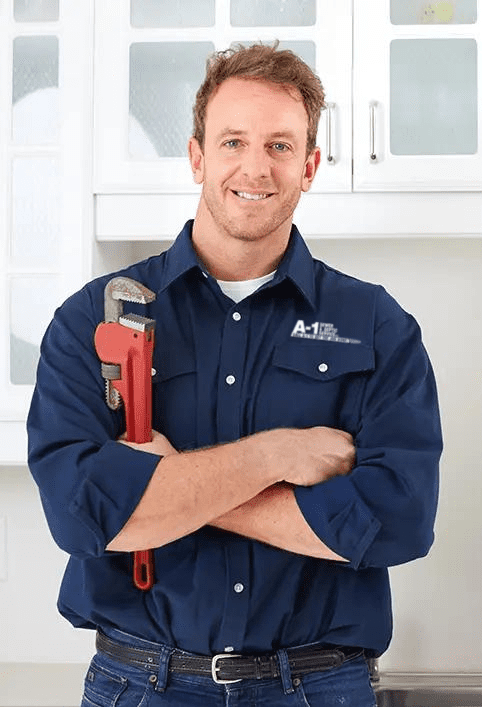What to Do When There is Standing Water in the Washing Machine
If the Water is Staying in the Washing Machine Does the water sit in the machine after your load has finished and the water level doesn’t go down, or do you have a slow water flow when draining? The issue probably lies with the washer. This problem could be traced



